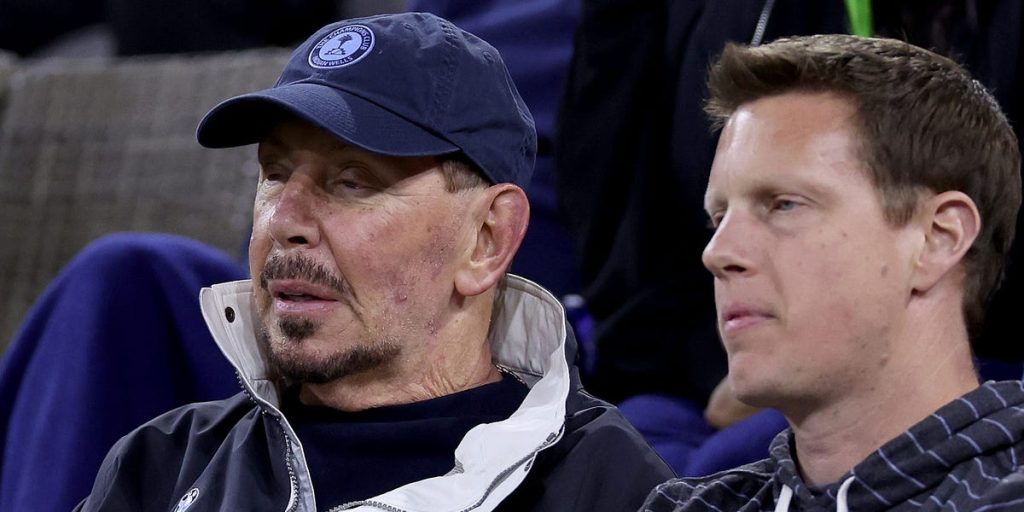Does David Ellison, who just bought Paramount, want to buy Warner Bros. Discovery next?
Most everyone in the media business thinks so. And multiple outlets have reported that Ellison, backed by his father, Oracle founder Larry Ellison, plans to bid for WBD, whose assets include HBO, the Warner Bros. movie and TV studio, and cable channels including CNN.
Onstage at a Bloomberg event on Thursday, David Ellison refused to answer questions about his plans. That’s not a surprise — a company won’t formally announce a bid until it formally announces a bid.
In the meantime, there are plenty of questions surrounding the offer everyone is expecting: how a Paramount-WBD merger would actually work — and why Ellison might want to do it in the first place.
And since Ellison doesn’t want to talk about it, let’s try to answer some of those questions ourselves.
How a Paramount-Warner Bros. tie-up could work
Let’s start here: On paper, combining Paramount and WBD has real industrial logic, which is one reason people have speculated about it for years, regardless of who owned the companies at the time.
The primary theory is that only the very biggest companies will survive in the streaming era — and a Paramount/WBD mashup is a plausible challenger to Netflix, Disney, and Amazon.
The rough idea: Meld Paramount’s streaming services with HBO Max, and its film and TV studios with Warner Bros. Add in WBD’s sports rights and Paramount’s crucial NFL package, and share back-office functions like sales, distribution, and marketing.
In another political climate, merging two legacy media giants might face tough antitrust scrutiny. But the working assumption is that Larry Ellison’s longtime support of Donald Trump — and Trump-friendly moves the Ellisons have made as they acquired Paramount — could ease those concerns. “We have a good relationship with the administration,” David Ellison acknowledged.
What about the money? Normally, that might be the hard part. WBD is valued at about $44 billion (after a big stock run-up following the Paramount speculation) and carries roughly $35 billion in debt.
Related stories
But Larry Ellison is the world’s second-richest man — rich enough to throw his friend Elon Musk $1 billion for the Twitter bid in 2022, via a casual text exchange, and rich enough to kick in $6 billion for his son’s Paramount acquisition earlier this year. So the assumption is he’ll provide some, but not all, of the financing for a WBD takeover. Private-equity giant Apollo is reportedly interested in joining the bid, according to the New York Post.
All of which explains why many people think this is inevitable — even though no deal actually exists yet.
Inside WBD, there’s a belief that CEO David Zaslav will try to convince his board not to sell and to keep the company independent — much like Time Warner CEO Jeff Bewkes did in 2014, when Rupert Murdoch made an offer for his business.
But Zaslav has already tried courting Wall Street by floating a plan to separate his streaming and studio operations from his cable networks, which did little to lift the stock. So he’ll have his work cut out for him if he wants to stay solo. (Bewkes, by the way, ended up selling Time Warner to AT&T, two years after turning down Murdoch.)
If Ellison does pull it off, it would mark yet another chapter in Warner’s long history of ownership changes — and another contraction in a shrinking Hollywood. Five years ago, half a dozen companies were fighting to build global streaming empires. Now the survivors are circling each other, trying to merge their way to stability.
For creators, that means fewer buyers — even though Ellison insists (again, without acknowledging any interest in buying WBD) that he has a big appetite: “We would want to make more, not less,” he said Tuesday.
However it plays out, the Ellisons’ next move will help decide what’s left of Hollywood — and how much smaller it gets.


